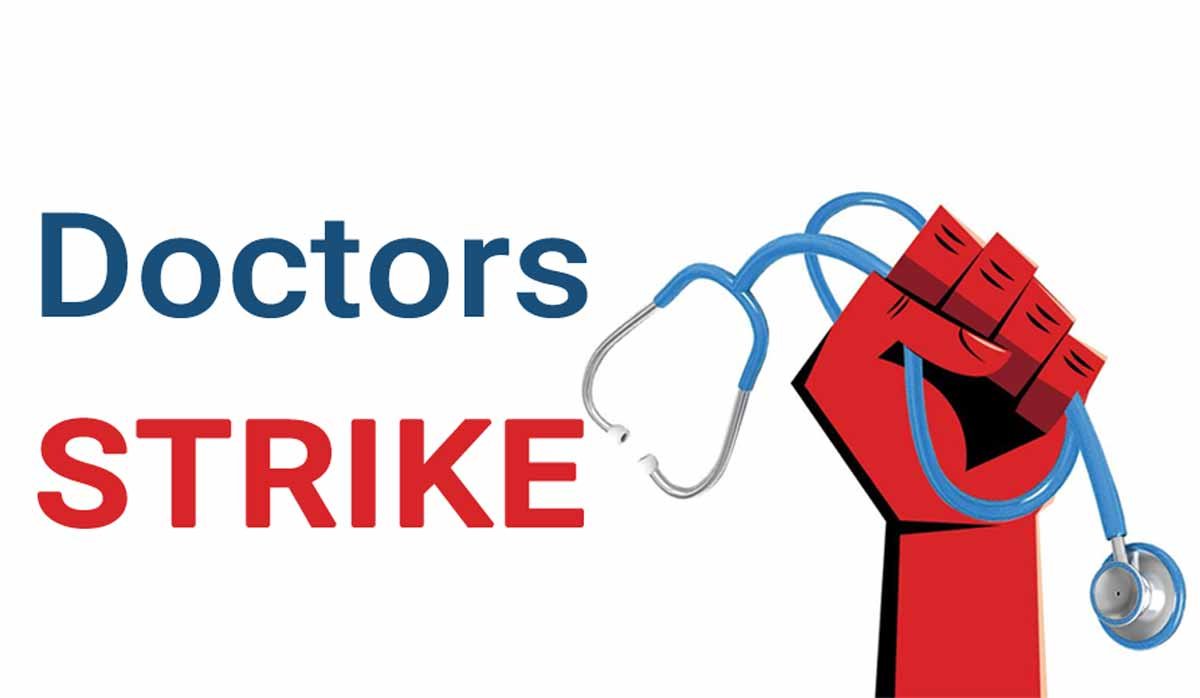[ad_1]
Grimes has welcomed musicians to create new songs with her voice using Artificial Intelligence, saying she would split 50% of royalties on any successful AI-generated track that included her voice.
The Canadian singer, whose real name is Claire Boucher, tweeted that it was the “same deal as I would with any artist I collab[orate] with. Feel free to use my voice without penalty,” she tweeted.
She said she was interested in being a “guinea pig” and she thought “it’s cool to be fused with a machine and I like the idea of open sourcing all art and killing copyright”.
I’ll split 50% royalties on any successful AI generated song that uses my voice. Same deal as I would with any artist i collab with. Feel free to use my voice without penalty. I have no label and no legal bindings. pic.twitter.com/KIY60B5uqt
— 𝔊𝔯𝔦𝔪𝔢𝔰 (@Grimezsz) April 24, 2023
The music industry is currently entering unparalleled territory as it tries to keep up with the implications of a spate of songs created by training AI to generate artists’ voices.
Last week, Universal Music successfully petitioned TikTok, YouTube and Spotify to remove a track titled Heart On My Sleeve, which used AI vocals generated from their artists Drake and the Weeknd.
It was just one of several recently released tracks that featured AI-generated vocals based on Drake, who does not seem to be as enthused as Grimes. The rapper recently wrote: “This is the final straw AI,” on an Instagram story, referring to a version of Ice Spice’s song Munch that was released with a fake verse by him.
In a statement, the label said “the training of generative AI using our artists’ music” was “a violation of copyright law”. However, Universal’s position has not been tested in court, and it remains a legal grey area whether art that is created by a human, but which contains AI elements, can be copyrighted.
In October, the Recording Industry Association of America (RIAA) warned that AI companies were violating copyrights en masse by using music to train their machines.
However, last month the US Copyright Office ruled that AI-generated art, including music, can’t be copyrighted as it is “not the product of human authorship”.
On Twitter, Grimes wrote she is working on software “that should simulate my voice well”, but would also consider releasing vocal tracks for people to use to train AI.
When asked what she would do if people used her voice to create racist or violent content, she wrote that she “may do copyright takedowns ONLY for rly rly toxic lyrics” or songs that were “anti-abortion or [something] like that”.
“That’s the only rule… [I] don’t wanna be responsible for a Nazi anthem unless it’s somehow in jest, a la Producers I guess,” she said.
Grimes, who has two children with SpaceX founder and Twitter CEO Elon Musk, has explored the quandaries posed by AI in tracks such as Flesh Without Blood. In 2020, she collaborated with music company Endel to create an AI-generated lullaby for her son X Æ A-12.
“I think AI is great,” she told the New York Times. “Creatively, I think AI can replace humans. And so I think at some point, we will want to, as a species, have a discussion about how involved AI will be in art.”
[ad_2]
#Grimes #invites #people #voice #songs
( With inputs from : www.theguardian.com )










